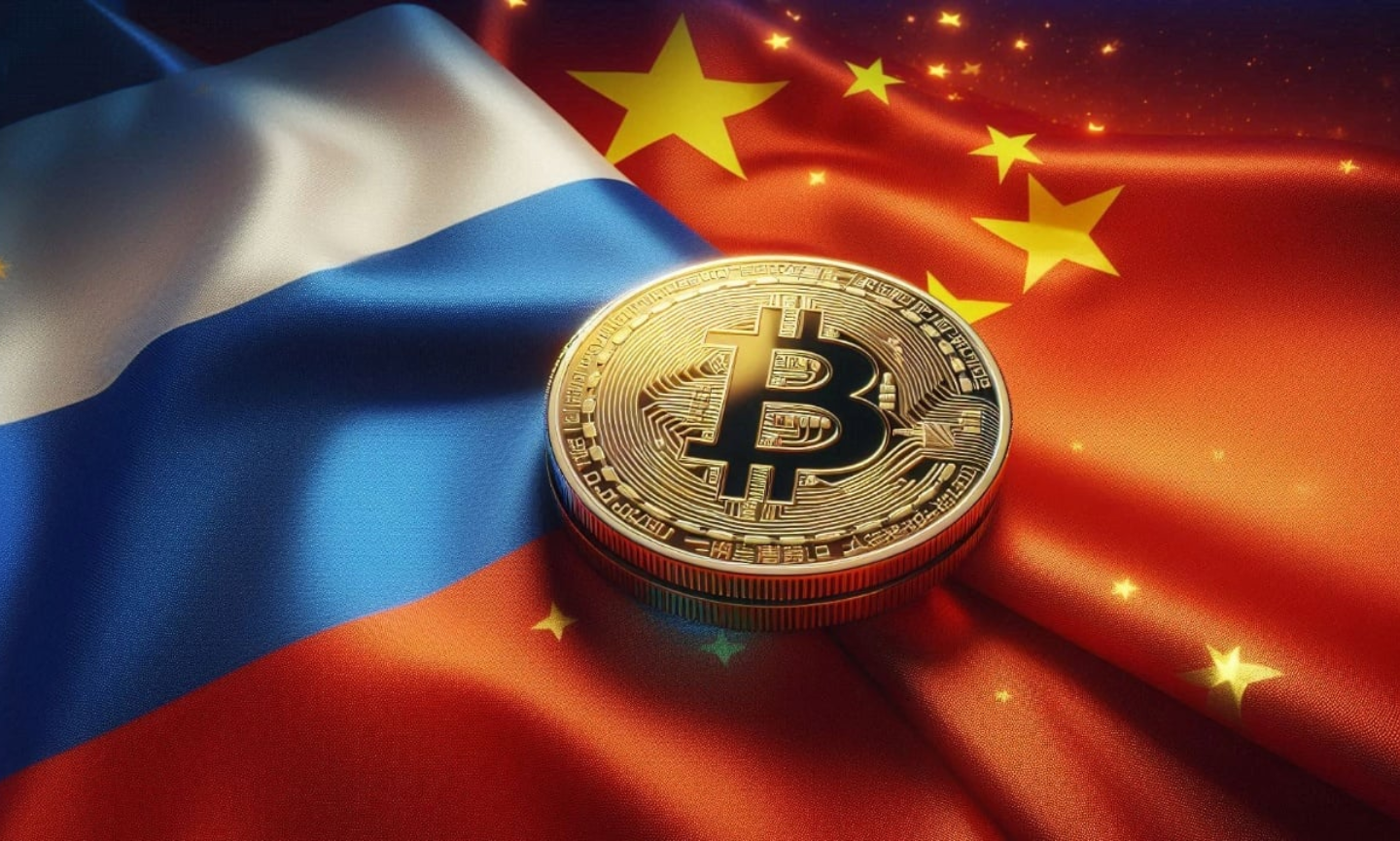China-Russia Trade Payment Crisis: Rising Reliance on Cryptocurrency and Barter
Please note that we are not authorised to provide any investment advice. The content on this page is for information purposes only.
The financial ties between China and Russia, once solidly supported by traditional banking systems, are now under severe strain.
In the wake of escalating geopolitical tensions and the looming threat of secondary sanctions, Chinese regional banks are increasingly reluctant to process payments from Russia.
China-Russia International Trade Payments Situation Worsens: #Crypto and Barter Rise as Alternatives.
Crypto Considered for Settling Trade Transactions Between China and Russia as Payment Options Wither!🚀 pic.twitter.com/10UBpve8Zh— runa (@chkd1sk) August 15, 2024
This shift is forcing both nations to explore alternative payment methods, such as cryptocurrency and barter, to keep their trade relations intact.
The Decline of Yuan-Based Transactions
Recent data reveals that an overwhelming 98% of Chinese regional banks have stopped processing yuan-based transactions originating from Russia.
This dramatic reduction has caused significant disruptions in trade flows, with billions of dollars in bilateral trade now at risk.
Russian brokerage companies are starting to limit operations with Yuan. This is due to the complication of settlements between bidders and the increase in time for transactions.https://t.co/bPZo3Ir3xa
— Stanimir Dobrev (@delfoo) August 14, 2024
For instance, in July 2023, Ekaterina Kizevich, the general director of Atvira, a company managing Chinese imports, was notified by her bank that all payment services were suspended, halting business operations.
This case exemplifies the broader financial challenges facing companies dependent on cross-border transactions.
Rising Transaction Costs and Complexities
As traditional payment channels falter, Russian companies are being forced to explore more expensive and complicated alternatives.
For instance, routing payments through a Russian credit institution’s branch in China has been proposed, but this method inflates transaction costs by up to 5%.
These additional expenses pose a considerable burden on businesses already grappling with the economic impacts of international sanctions.
Cryptocurrency: A Viable Alternative
In the face of these challenges, cryptocurrency is emerging as a practical solution. Russian metal producers, for example, have reportedly started using stablecoins—cryptocurrencies pegged to the US dollar—to settle payments with Chinese suppliers.
The adoption of stablecoins offers a decentralized, sanction-resistant method of conducting transactions, making it an attractive option for businesses looking to maintain trade relations despite financial restrictions.
Moreover, with Russia’s recent legislation regulating cryptocurrency payments, the use of digital currencies in international trade could see a significant increase.
However, the volatility of cryptocurrencies and the potential for regulatory scrutiny remain challenges that businesses must carefully navigate.
Barter: The Resurgence of an Ancient Practice
In addition to digital currencies, barter trade is making a comeback as a viable alternative.
Barter allows for the direct exchange of goods without the need for money, circumventing the complexities of the current financial system.
However, the practicality of barter is limited by the need to match goods of equivalent value, and the negotiation process can be cumbersome.
Despite these challenges, barter trade provides a viable option for certain sectors where conventional payment methods are no longer feasible.
The Broader Implications
The shift towards cryptocurrency and barter reflects a broader trend of diminishing reliance on the US dollar in global trade.
As more countries face the threat of sanctions, alternative payment methods are likely to gain traction, potentially leading to a more fragmented and diverse global financial system.
What's interesting about this is the broader principle that people like Kim believe that they are a conduit of data and not responsible for any criminal content flowing through their pipes. This case centers on copyright infringement but may have implications for social media. https://t.co/LCY50g2xIG
— Unbranded (@Unbranded63) August 15, 2024
This evolution in international trade could have far-reaching implications, including a reconfiguration of global financial governance and a decline in the dominance of the US dollar.
In summary, the China-Russia trade payment situation underscores the need for innovative solutions in a rapidly changing global economy.
As traditional financial channels continue to close, the adoption of cryptocurrency and barter trade may provide the lifelines necessary to sustain bilateral commerce between these two major economies.






